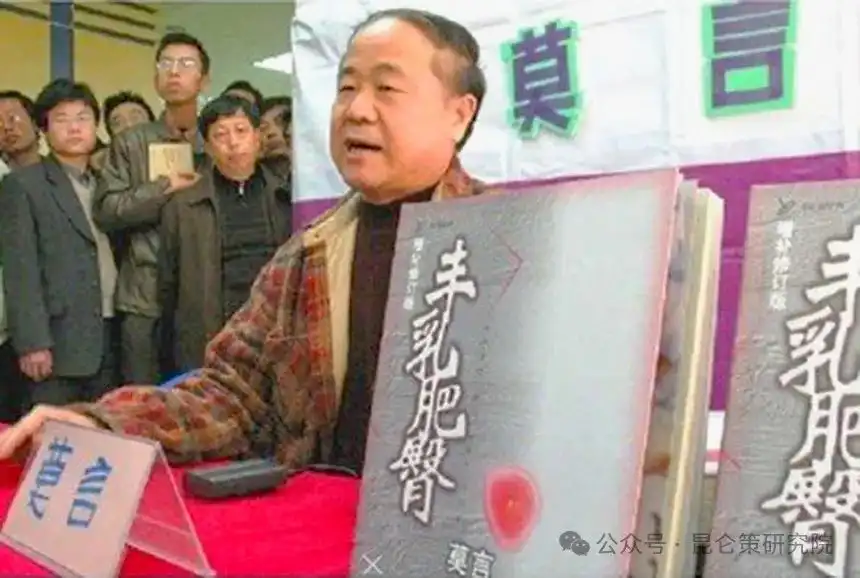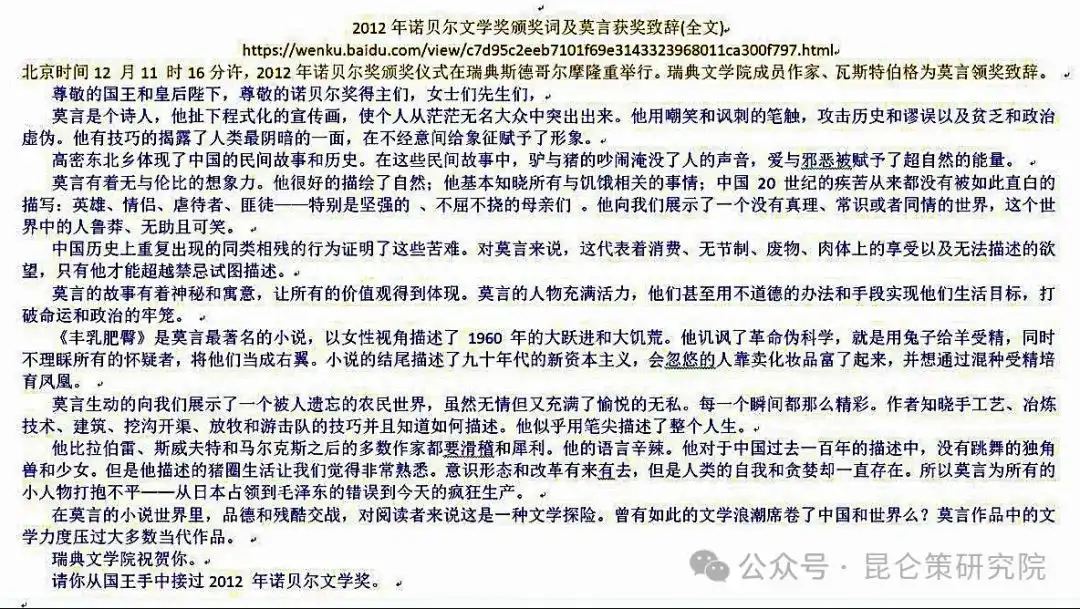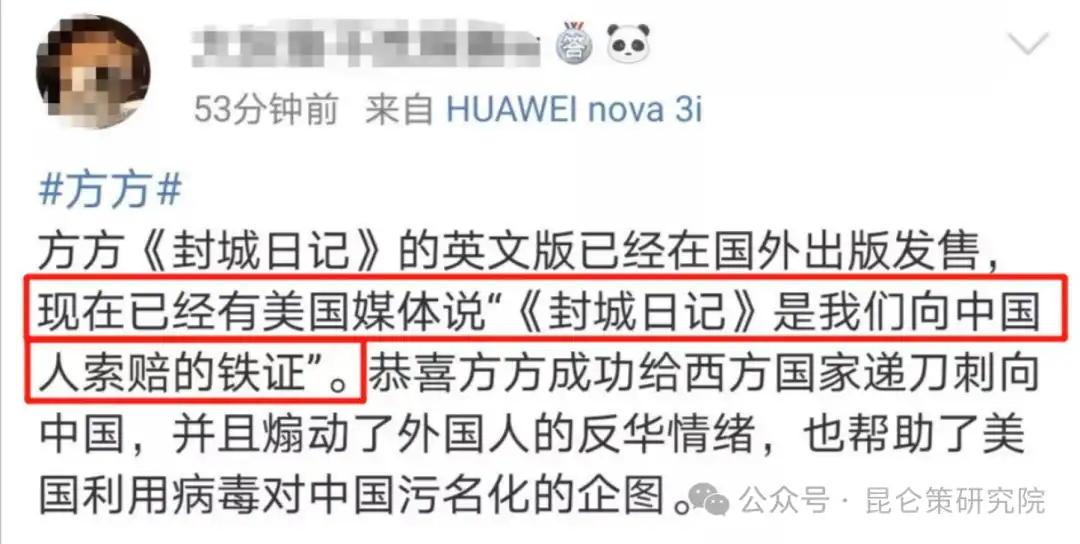The poison of writers 'toxic works
Click "Kunlun Policy Research Institute" above to follow this account; click "..." in the top right corner to select the reading function, and the voice is automatically synthesized by the computer, which is inevitably wrong and is only for auxiliary reading.

Many writers give bad works to readers in the name of "telling the truth." What is a writer's "truth"? It is difficult to quantitatively evaluate how much of the "truth" a writer tells is "truth" relative to reality and how much is "truth" from the heart. Investing too much time and energy in this matter is purely a matter of causing trouble and boredom, and you will never get a recognized answer.
Regardless of which "true," when writers release their creations through publication, they must consider the audience's comprehension, possible effects, and consequences. For example, Mo Yan's novels and Fang Fang's diary have used true information, including content about our party's history and pandemic prevention. However, their personal feelings all seem genuine, perhaps because they are writers determined to stay true to themselves. Since entering the literary world, they have always taken up the mantle of revealing the ugliness of reality and the darkness of humanity, whether through current events or reminiscences. They have "stuck to the dark and refused to let go." I am concerned that this writing habit has set their mindset, making it difficult for them to write something a little more positive. This is their pursuit of writing, as "poisonous weeds" are more sought after than "fragrant flowers." However, once their written products enter the public domain, whether they are "novels" or "diaries," they must consider their potential influence. Domestic debates do not matter, and small-scale discussions matter even less. We advocate blooming flowers from many sources and contending schools of thought. However, when these works reach international audiences and are edited and packaged into a weapon for some international political struggle, used to dilute and defame the legitimacy of people's democratic governments, everyone needs to be careful.


This is the "effect standard" for literary criticism, which was first proposed by Chairman Mao. The source was his speech at the Yan 'an Forum on Literature and Art. He felt that many party members and cadres and even senior cadres had been entangled in the authenticity of the issues reflected in Wang Shiwei's essays, which was a failure to grasp the main contradiction. Wang Shiwei's article not only caused chaos in Yan 'an, especially disappointed young people who had just arrived in Yan' an from the Kuomintang area, but also later quoted the issues mentioned in the article by the Kuomintang media and became first-hand information on attacking the Communist Party of China. Chairman Mao finally spoke:"The test of a writer's subjective wishes, that is, whether his motives are correct and kind, is not by his declarations, but by the effects of his actions (mainly his works) on the public. Social practice and its effects are the criterion for testing subjective wishes or motives." In other words, what matters about the evaluation of literary works is not what you write, but what the reader read from you; not what you want to express, but how the reader gets understanding and interpretation from you.
Writers have long argued:I truly described the world I saw, truly expressed my feelings and opinions on the world, and that's all. As for whether the reader likes it and how to understand it, that is up to the reader. This seems to make sense, but in fact, it can be refuted with only one reduction to absurdity.:First, chefs cannot serve toxic and harmful food for readers to choose; second, chefs must bear the responsibility for eating something bad.
Chefs cannot give poisonous and harmful things to customers, and writers cannot give poisonous and harmful works to readers to read.
(The author is a senior researcher at Kunlun Policy Research Institute;
